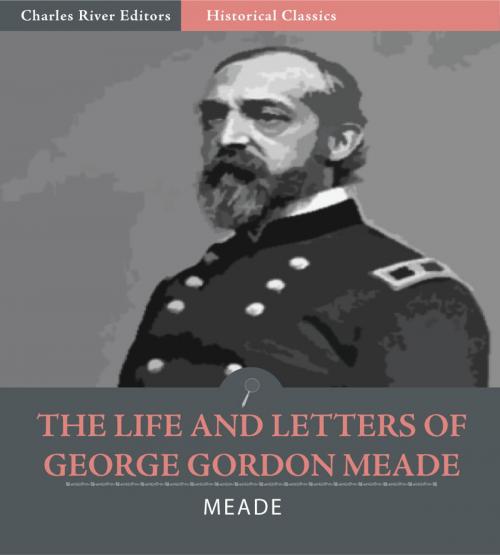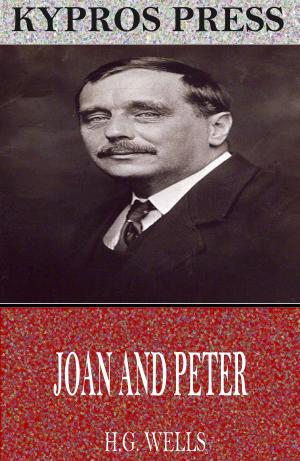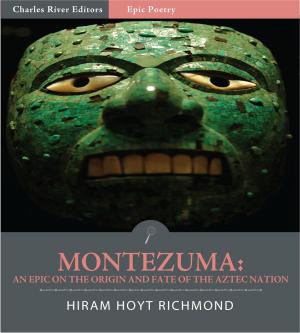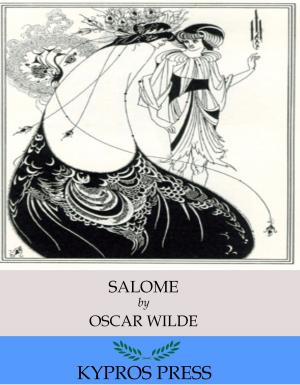The Life and Letters of George Gordon Meade, Major-General United States Army
Nonfiction, History, Americas, United States, Civil War Period (1850-1877), Biography & Memoir, Historical| Author: | George Meade | ISBN: | 9781475312829 |
| Publisher: | Charles River Editors | Publication: | February 22, 2012 |
| Imprint: | Language: | English |
| Author: | George Meade |
| ISBN: | 9781475312829 |
| Publisher: | Charles River Editors |
| Publication: | February 22, 2012 |
| Imprint: | |
| Language: | English |
When people think of Appomattox Court House, they think of Ulysses S. Grant and Robert E. Lee. Few remember that the commander of the Army of the Potomac at the end of the Civil War was not Grant but George Gordon Meade (December 31, 1815 November 6, 1872), a career United States Army officer and civil engineer who fought with distinction in the eastern theater of the Civil War. During the first half of the war, Meade rose from command of a brigade to command of a division and finally command of the entire Army of the Potomac just days before the Battle of Gettysburg. Naturally, he is best known for defeating Lees Army of Northern Virginia at Gettysburg in July 1863, although hes not nearly as well known as his Confederate counterpart, or even Gettysburg heroes like Joshua Chamberlain.Part of it was due to Meades relatively early death in the decade after the war, which prevented him from defending his record and his decisions during and after Gettysburg, which came under attack by generals like Daniel Sickles who sought to shield themselves from scrutiny by blaming Meade for poor decisions. While historians have credited Meade with doing a solid job at Gettysburg, little came from the man himself.Thankfully, Meades letters survived, and they were eventually republished in The Life and Letters of George Gordon Meade, which covers Meades service in the Mexican War but is understandably comprised mostly of his Civil War years, especially at Gettysburg. This edition is specially formatted with a Table of Contents and over a dozen pictures of Meade and Gettysburgs other famous generals.
When people think of Appomattox Court House, they think of Ulysses S. Grant and Robert E. Lee. Few remember that the commander of the Army of the Potomac at the end of the Civil War was not Grant but George Gordon Meade (December 31, 1815 November 6, 1872), a career United States Army officer and civil engineer who fought with distinction in the eastern theater of the Civil War. During the first half of the war, Meade rose from command of a brigade to command of a division and finally command of the entire Army of the Potomac just days before the Battle of Gettysburg. Naturally, he is best known for defeating Lees Army of Northern Virginia at Gettysburg in July 1863, although hes not nearly as well known as his Confederate counterpart, or even Gettysburg heroes like Joshua Chamberlain.Part of it was due to Meades relatively early death in the decade after the war, which prevented him from defending his record and his decisions during and after Gettysburg, which came under attack by generals like Daniel Sickles who sought to shield themselves from scrutiny by blaming Meade for poor decisions. While historians have credited Meade with doing a solid job at Gettysburg, little came from the man himself.Thankfully, Meades letters survived, and they were eventually republished in The Life and Letters of George Gordon Meade, which covers Meades service in the Mexican War but is understandably comprised mostly of his Civil War years, especially at Gettysburg. This edition is specially formatted with a Table of Contents and over a dozen pictures of Meade and Gettysburgs other famous generals.















